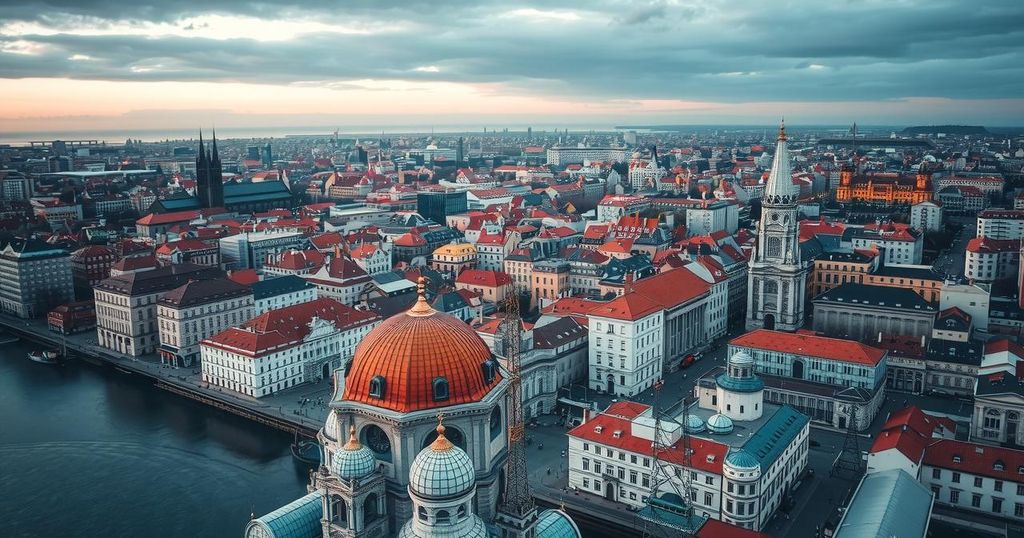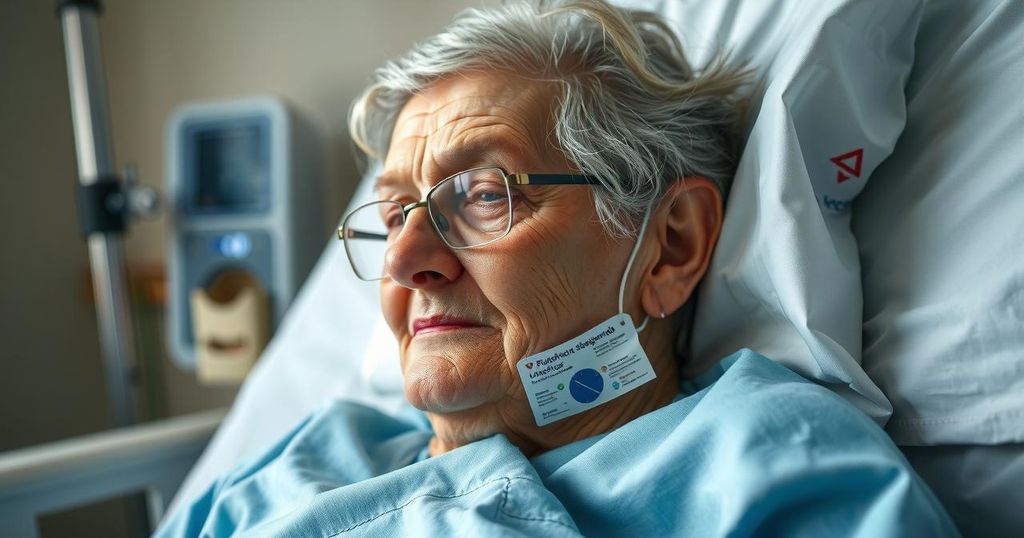The slow erosion of hope in Gaza, mirrored in the Schrecker’s experiences in Berlin, echoes a complex narrative of family, loss, and resilience amid ongoing violence. Nathmi Abushedeq’s outreach to form familial connections while navigating a humanitarian crisis highlights how personal relationships can be built even from afar. Yet, the horrors of war struck home when Nathmi’s family fell victim to bombings, illustrating the immediacy of loss that many endure.
Engaging with the Abushedeqs, whose lives contrast starkly with their calm demeanor, provides a stark reminder of the human capacity for endurance. Their stories—the trauma of daily life in Gaza, resilience in the face of despair, and the brutality from police during peaceful protests in Germany—show how people navigate their grief while simultaneously seeking solace and community. As Ashraf recorded normal family activities over phone calls from war-torn Gaza, the surreal nature of life under constant threat became hauntingly clear.
In recent months, there has been an observable increase in violence against Palestinians and solidarity activists in Germany. Demonstrations have often been met with police brutality, creating an atmosphere of fear and alienation. The disconnect felt among those advocating for Palestinian rights conveys a wider societal issue, revealing the challenges faced by those attempting to voice their grief and anger in a climate of increasing repression.
The narrator’s personal journey from alienation toward a sense of belonging with a Palestinian community starkly contrasts with their experiences with the predominantly ethnic German society. The sense of collective mourning over the loss in Gaza creates a bond that transcends geographic boundaries, while societal backlash against those expressing Palestinian solidarity generates isolation. This collective trauma is intertwined with the legacy of past genocides, amplifying the emotional weight of the current conflict.
The article captures the essence of personal connections formed in crisis and the complicating factors of living in a society that often dismisses or overlooks the suffering of Palestinian people. It emphasizes the resilience of individuals maintaining hope against overwhelming adversity while also shedding light on the troubling police treatment of demonstrators advocating for peace. Ultimately, the author’s deep sense of alienation from their surroundings underscores a crucial debate about empathy, justice, and the human condition during times of societal strife.




